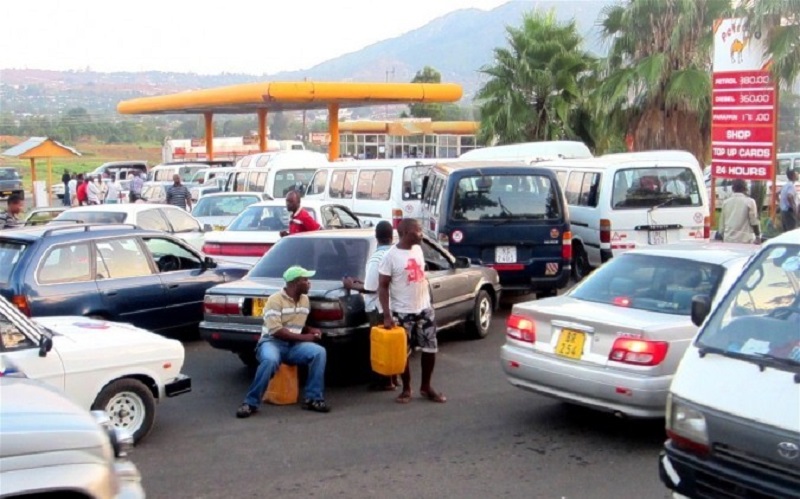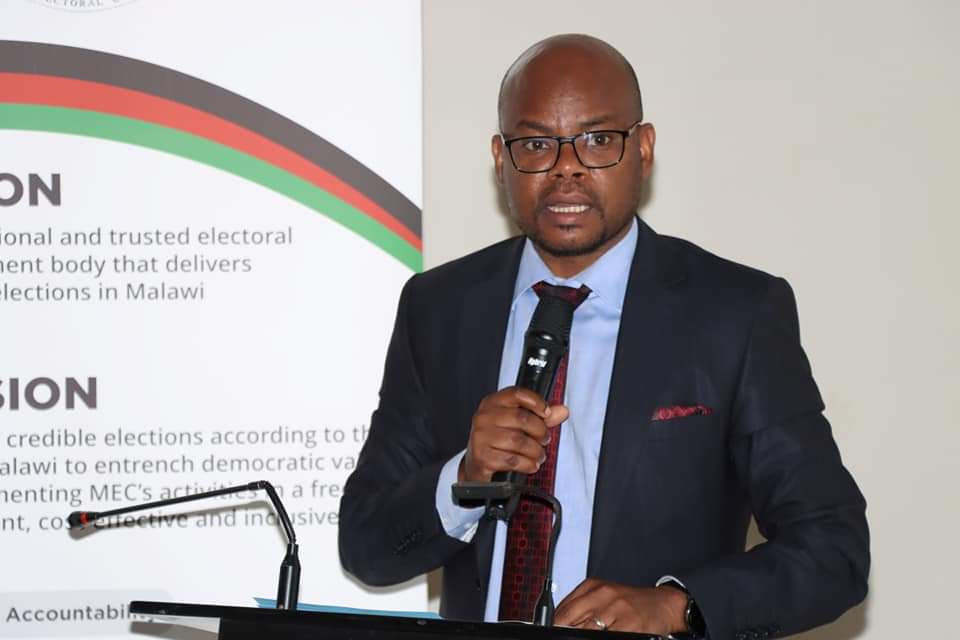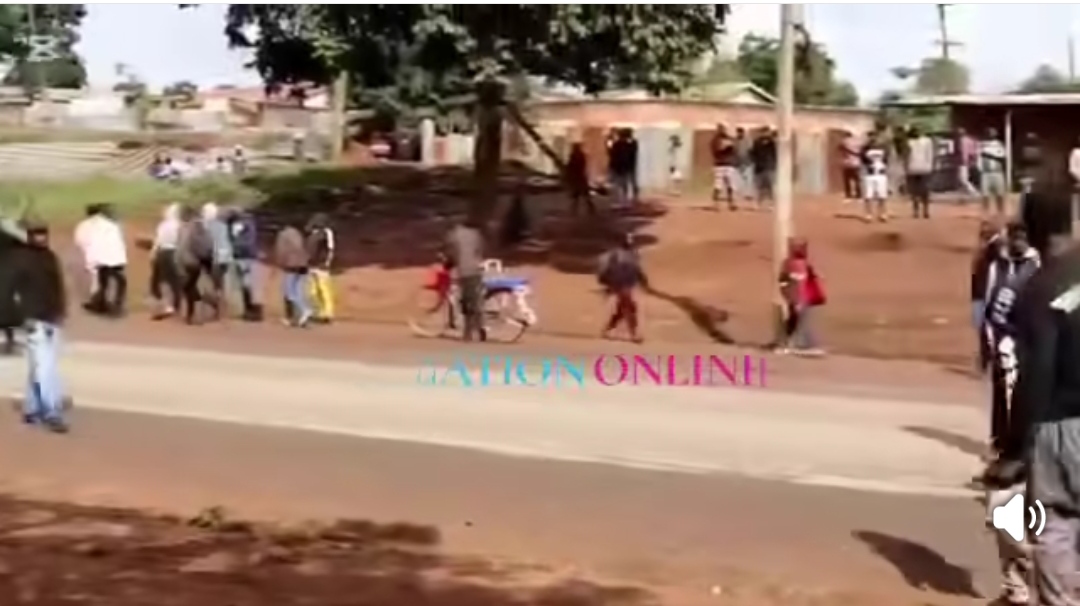By Burnett Munthali
Introduction
Rick Dzida is a well-respected Malawian political commentator, known for his insightful analysis of the country’s political landscape and his deep understanding of the challenges facing the nation. He has been vocal about the economic difficulties, governance concerns, and the role of civil society in promoting accountability. In this exclusive interview, Rick shares his thoughts on the Malawi government’s acknowledgment of its ongoing challenges and the potential impact of this newfound openness on the country’s governance and economic reforms.
Thank you for joining us today, Rick. Your vast experience in political analysis and your insightful commentary on Malawi’s national issues have made you a highly respected figure in the country. We’re looking forward to hearing your thoughts on some critical issues facing Malawi today.
Questions
1) What is your assessment of the Malawi government’s recent admission of the country’s economic struggles and governance challenges?
RD: The government’s admission of the economic struggles and governance challenges is a significant step forward. For years, Malawians have been grappling with high inflation, poverty, and poor governance, and for the first time, the Chakwera government has acknowledged these issues publicly. While this is a step in the right direction, the real test will be whether the government can translate this acknowledgment into tangible reforms. There has been some progress, such as raising the non-taxable base income for civil servants, but broader economic reforms are needed. Corruption and inequality remain major obstacles, and the government must act decisively to address these.
2) How significant is it that the government, for the first time under President Lazarus Chakwera, has acknowledged the ongoing national issues publicly?
RD: This is a significant move. The public acknowledgment signals that the government is finally confronting the nation’s pressing issues, including the economic crises and political instability. While the Umodzi Party has praised the government’s national address, some critics like the National Advocacy Platform have pointed out that the government failed to provide concrete strategies. Regardless of these differing views, this public acknowledgment is vital for building trust with the public and the international community.
3) What do you think about the government’s openness to criticism from civil society groups and the religious sector, as seen in the meeting with the Public Affairs Committee (PAC)?
RD: The government’s openness to criticism, especially through engagements with civil society groups and the PAC, is a promising sign of progress. It demonstrates a willingness to listen to diverse viewpoints. Historically, civil society has played a vital role in advocating for good governance and human rights. This move shows that the government is open to constructive criticism, which can help it improve its policies and strengthen the country’s democratic processes. However, the real question is whether these discussions will lead to concrete actions.
4) Do you believe this acknowledgment of challenges marks a shift in the government’s approach to public accountability? Why or why not?
RD: It could mark a shift, but we should be cautious. Acknowledging challenges is one thing; acting on them is another. The government’s history is filled with promises of reform, but follow-through has been lacking. While this acknowledgment is promising, it’s too early to tell whether it will lead to meaningful changes. The key will be whether this recognition of problems is followed by specific actions and long-term strategies to address them.
5) In your opinion, how does this new stance by the government impact the relationship between the public and the administration?
RD: This new stance could lead to improved trust between the public and the government. Transparency is key to rebuilding trust, and this acknowledgment shows that the government is not ignoring the country’s problems. It could lead to a more open and collaborative relationship, where the government works together with the citizens to solve the nation’s challenges. But the public’s trust will ultimately depend on the government’s actions to address the issues they’ve acknowledged.
6) What should the government do next to demonstrate a genuine commitment to addressing the concerns raised by the PAC and other civil society groups?
RD: To show genuine commitment, the government needs to act on the concerns raised by civil society. This means implementing specific policies and reforms that tackle corruption, improve economic conditions, and uphold human rights. Engaging with these groups regularly and providing a clear timeline for reform would help solidify their commitment. The government must also show that it is willing to take concrete actions, not just make promises.
7) How do you view the increasing role of civil society organizations in holding the government accountable? What impact could this have on Malawi’s governance?
RD: The increasing role of civil society organizations (CSOs) is vital for improving governance. CSOs help ensure that government actions are transparent and accountable. They also advocate for policies that address key issues such as poverty, corruption, and human rights. However, CSOs face challenges, such as limited resources and government resistance. Still, their role is essential in ensuring that the government remains accountable and that governance is improved over time.
8) The PAC has emphasized growing corruption, economic hardship, and the erosion of democratic values. How do you assess the government’s track record on these issues over the past few years?
RD: The government’s track record on these issues is mixed. Corruption remains a major issue, with transparency still lacking in many government dealings. Economic hardship persists, with a large portion of the population living in poverty. As for the erosion of democratic values, while Malawi has a history of democratic challenges, the courts and civil society have helped maintain some checks on government power. However, more needs to be done to address these issues effectively.
9) Do you think the acknowledgment of these challenges will lead to meaningful reforms, or is it simply a public relations move? Explain.
RD: While the acknowledgment is a positive step, it remains to be seen if it will lead to meaningful reforms or if it’s just a public relations move. The government has acknowledged the challenges, but the real test will be whether it takes concrete steps to address them. It will also be crucial to see if the government engages with civil society and the public in meaningful ways to implement the changes needed.
10) As a political commentator, what role do you believe Malawians should play in pushing for reforms based on this newfound government openness?
RD: Malawians should remain active in pushing for reforms. This includes demanding accountability from the government and participating in public consultations. Citizens should advocate for policies that address economic challenges, corruption, and human rights. They can support civil society organizations and hold their leaders accountable through electoral processes and peaceful protests. Ultimately, Malawians must seize this opportunity to push for genuine reforms.
Rick Dzida’s Final Thoughts
Burnett Munthali: Rick, as we conclude this interview, do you have any final thoughts to share with our readers?
RD: My final thought is that the public’s role in holding the government accountable has never been more important. While the government’s acknowledgment of the issues is a step forward, the true test will come when it takes action. Malawians must remain vigilant and continue to demand meaningful reforms that will improve their lives and the country’s future.
Burnett Munthali: Thank you, Rick, for your valuable insights. Your analysis on the issues facing Malawi today is both thought-provoking and informative. We appreciate you taking the time to engage with us in this exclusive interview. We look forward to following your continued commentary on Malawi’s political landscape.
RD: Thank you for the opportunity to share my thoughts. I believe that dialogue like this is crucial for improving governance and ensuring that the voices of the people are heard. I look forward to continuing these conversations as we work towards a better Malawi.
This interview with Rick Dzida offers a deep dive into Malawi’s current political challenges, the potential for reform, and the critical role of the public and civil society in shaping the country’s future. As Malawi navigates these turbulent times, the government’s response to these challenges will be key in determining its long-term stability and prosperity.




